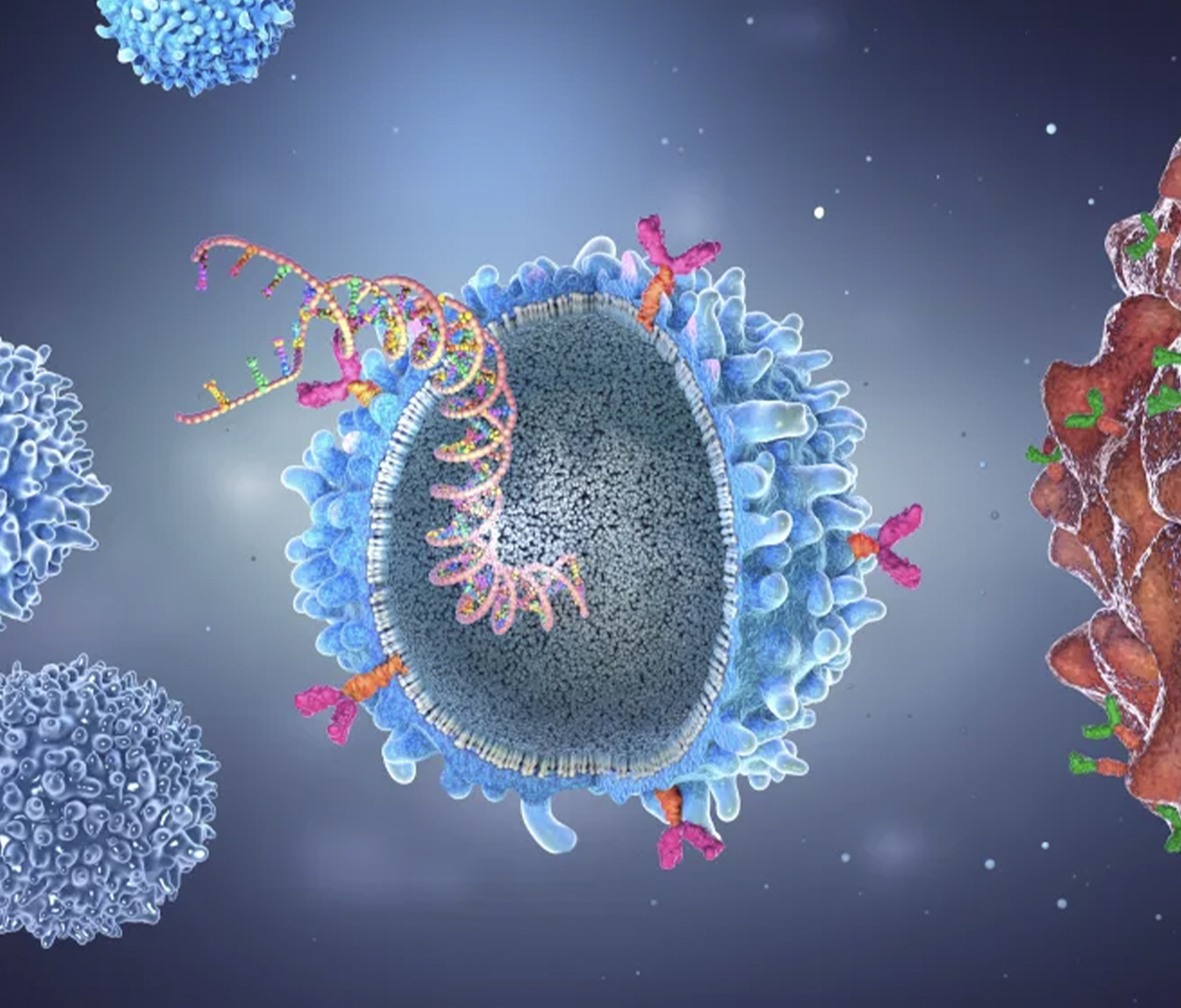Introduction
The global emphasis on vaccination since the Covid-19 outbreak in 2020 has underscored the importance of acquiring immunity to various diseases. Vaccines have been rigorously tested and proven safe and effective over decades, playing a crucial role in preventing severe illnesses and disabilities caused by diseases such as measles, meningitis, pneumonia, tetanus, and polio. Scientists worldwide continue to develop new vaccines for different ailments. One such advancement is the development of a promising Marburg vaccine.
The Marburg Virus (MARV)
Marburg virus (MARV) is an uncommon RNA virus belonging to the same family as the Ebola virus. It induces a severe viral haemorrhagic fever, leading to high fatality rates (up to 88%) and has caused several epidemic outbreaks in Africa. The virus gained its name from the first recorded outbreak in Marburg, Germany, and Belgrade, Serbia, in 1967, which occurred among laboratory workers due to contamination from imported African green monkey tissue. Since then, nearly 600 cases have been reported, with the most recent one occurring in Tanzania in March 2023. While early care and symptomatic treatment can improve survival rates, no licensed treatment capable of neutralizing the virus currently exists. However, recent developments in a Marburg vaccine offer hope.
NIAD Developed MARV Vaccine
The National Institute of Allergy and Infectious Diseases (NIAID), a part of the US National Institutes of Health (NIH), is currently working on a new vaccine for MARV. This vaccine is not the first of its kind, as previous experimental vaccines have been tested. However, none have exhibited two crucial characteristics: high efficiency and long-term protection. The quest for a single-dose vaccine possessing both these qualities is vital for effectively combating future outbreaks.
First-In-Human Phase 1 Study
In a Phase 1 study, the vaccine was administered to 40 healthy adults, with half receiving a low dosage (1×1010 particle units) and the other half a high dosage (1×1011 particle units). To ensure safety, a dose-escalation plan was implemented, initially administering the experimental vaccine to only three participants per dose. Subsequently, an additional 17 volunteers received the vaccine when no adverse reactions were observed within the first seven days. The volunteers underwent regular monitoring and evaluation over a 48-week period.
Promising Results
The study yielded encouraging results:
- No serious adverse effects were reported, only one case of fever observed in the high-dosage group, which resolved the following day.
- A robust antibody response was seen in 95% of the participants.
- 70% of the participants maintained a robust response for more than 48 weeks.
Future Implications
Further testing of the experimental vaccine will be conducted to gather additional supportive data. If subsequent trials continue to demonstrate similar promising outcomes, this MARV vaccine may potentially be utilized as an emergency response measure during MARV outbreaks. For more information on this topic, refer to the NIH article: “Marburg Vaccine Shows Promising Results in First-in-Human Study | National Institutes of Health (NIH).”
List of References
Vaccines and immunization: What is vaccination? (who.int)
Marburg virus disease (who.int)
Marburg Fever – StatPearls – NCBI Bookshelf (nih.gov)
Factsheet about Marburg virus disease (europa.eu)
Interested in learning more? Contact us today to find out how we can help with your technical needs.
Similar posts

20 February 2025
The CAR-T Revolution in Cancer Therapy


